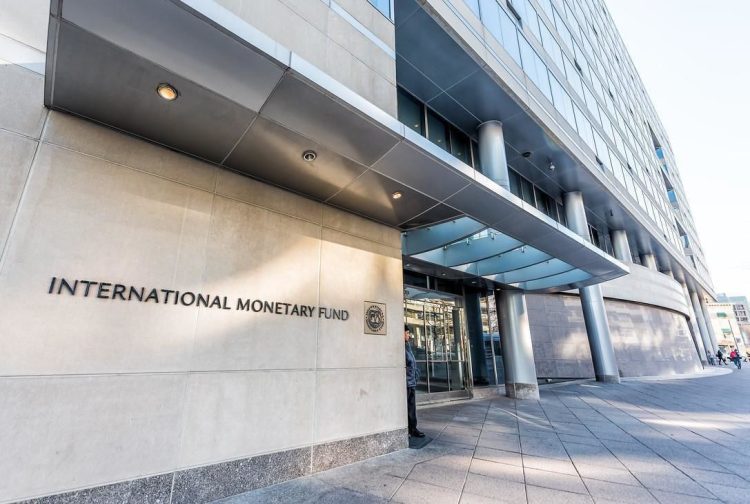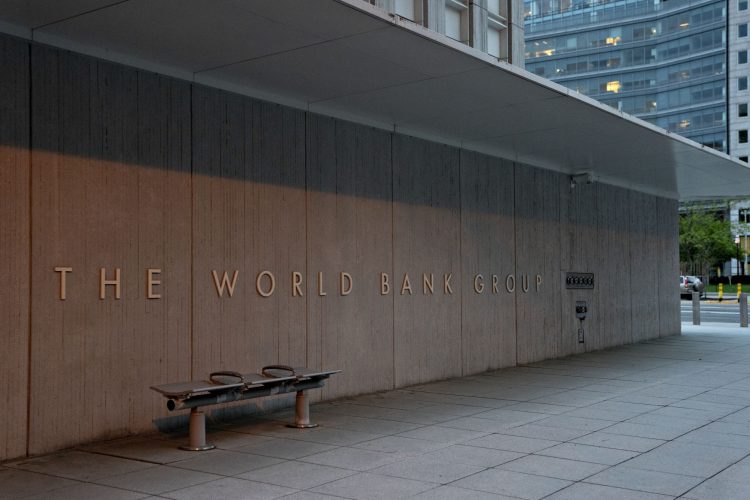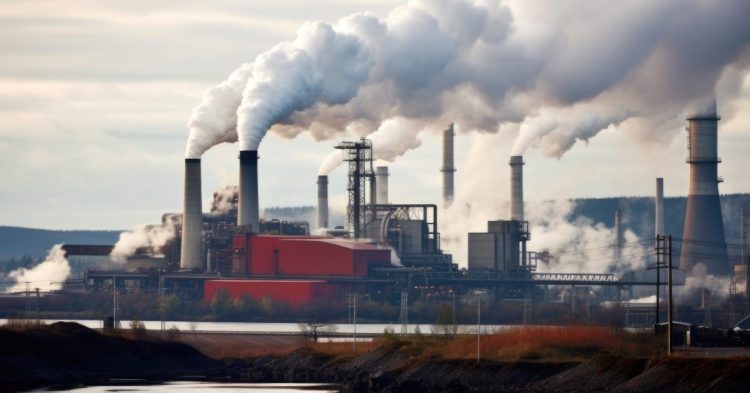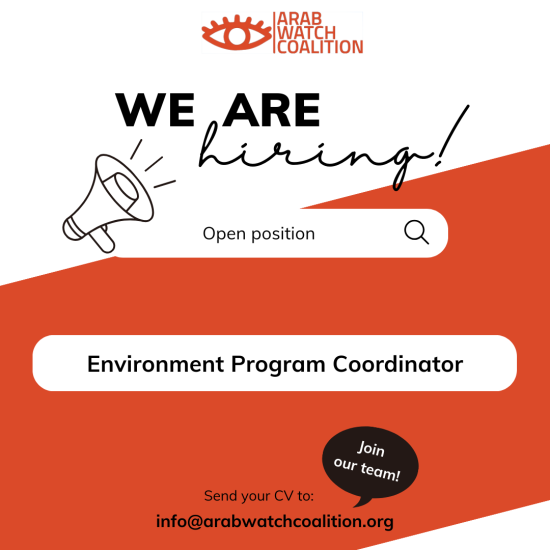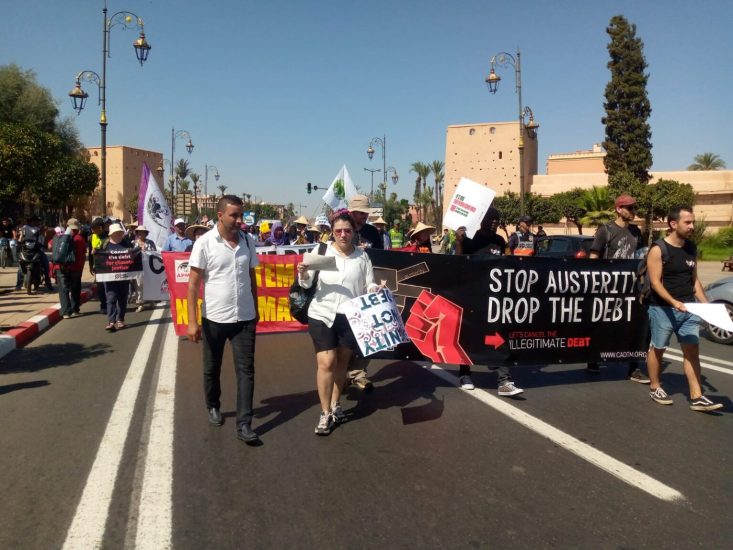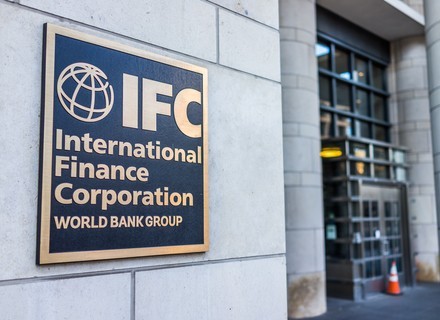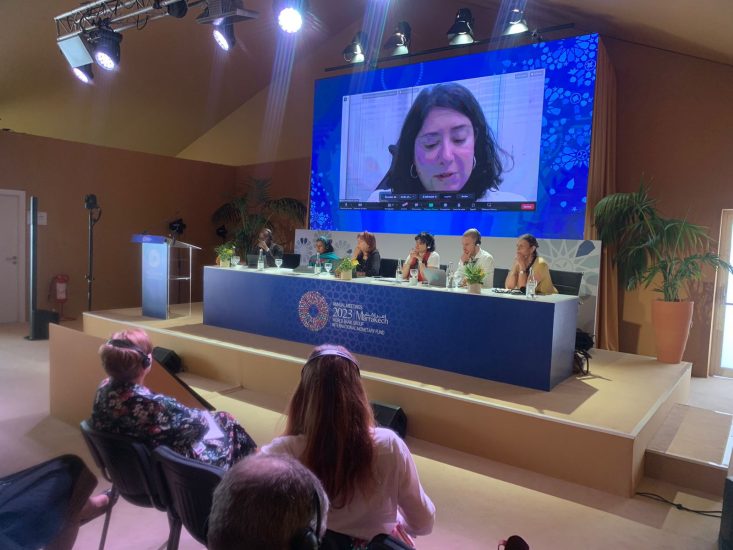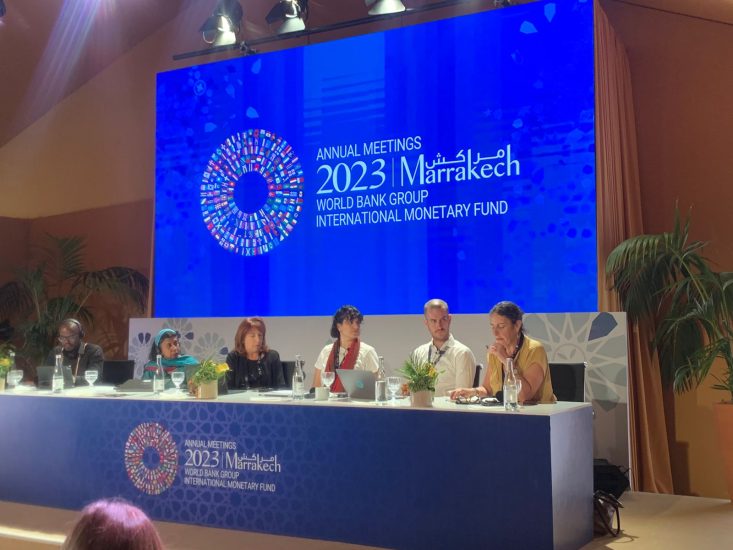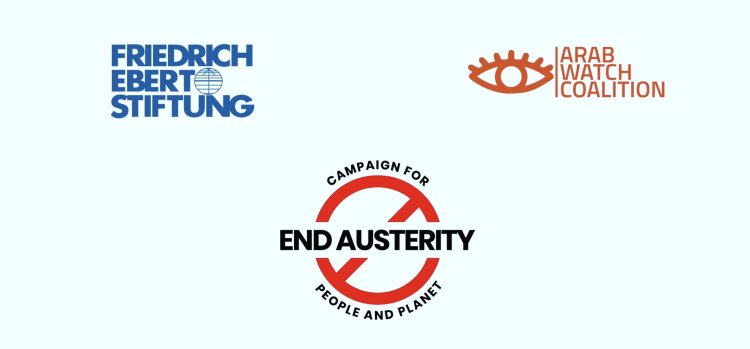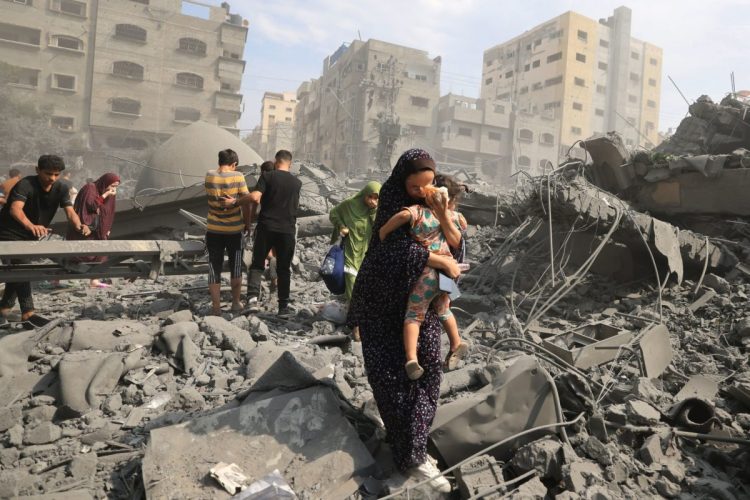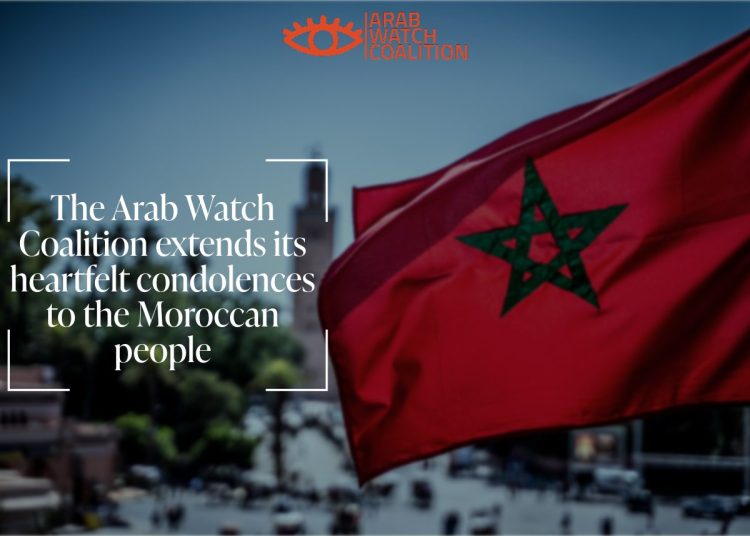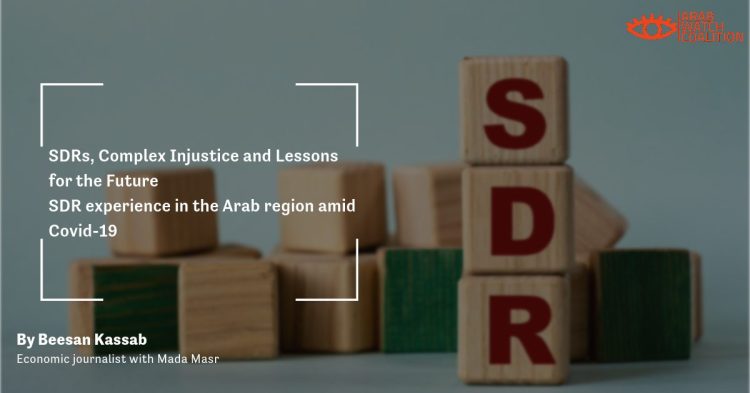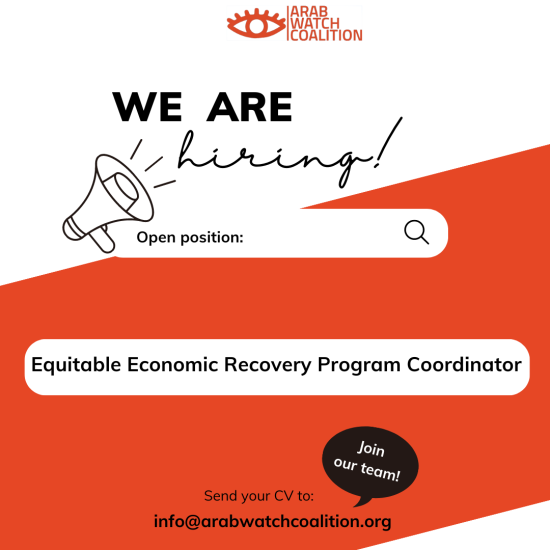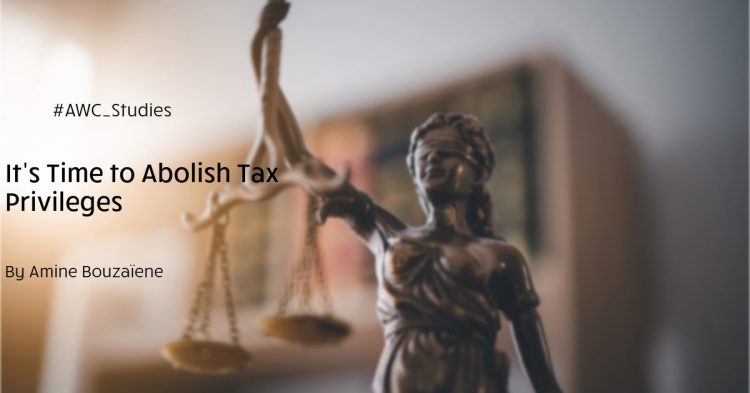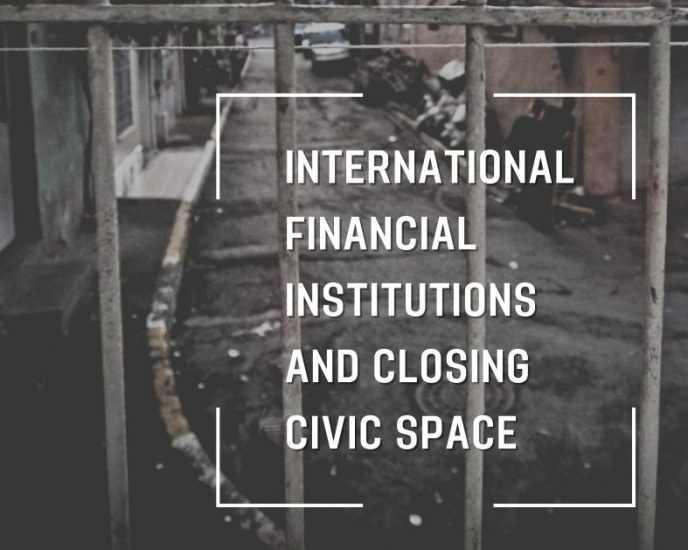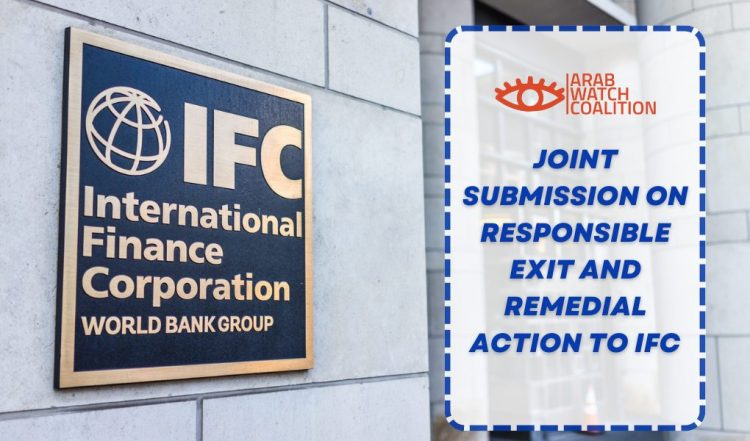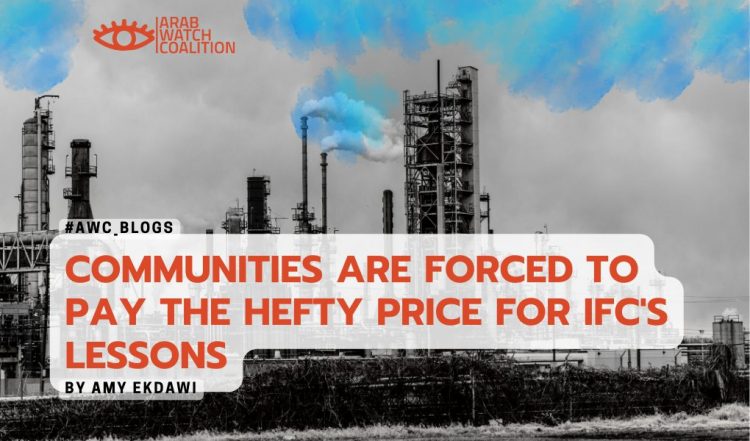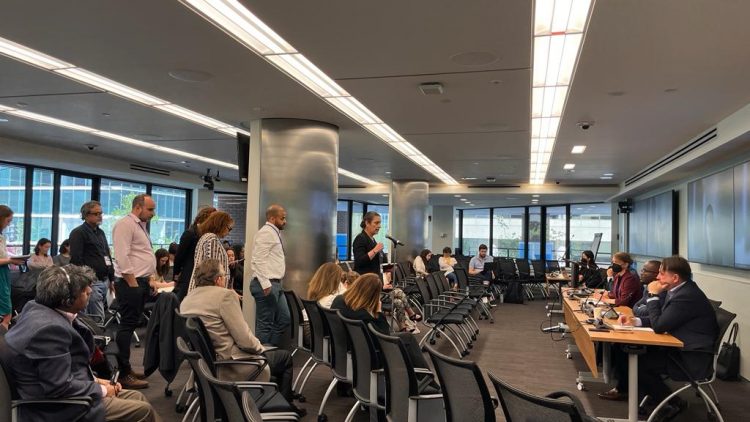Lebanon
AWC has two members in Lebanon and works also with non-member organizations.
AWC monitors the policies and activities of the following International Financial Institutions (IFIs) in Lebanon:
International Monetary Fund (IMF)
Lebanon joined the IMF in 1947 but has yet to take a loan. In 2022, the Lebanese authorities, with IMF staff support, developed a comprehensive economic reform program to rebuild the economy, restore financial sustainability, improve governance, promote job growth, and increase social and reconstruction spending. They reached a staff-level agreement with the IMF on comprehensive economic policies that could be supported by a 46-month Extended Fund Arrangement (EFF) worth about US$3 billion. However, two years later, Lebanon has not unlocked the loan due to a failure to implement the required fiscal, financial, and monetary reforms.
The IMF has been assessing the Lebanese economy periodically. This assessment is known as Article IV Consultation in reference to article number 4 in the IMF’s Articles of Agreement that established the IMF’ surveillance role.
World Bank Group (WBG)
Lebanon became a member of the World Bank Group (WBG) in 1947. Over the years, the Bank has invested in 78 projects within Lebanon’s public sector. Currently, the Bank has 16 active projects and 7 projects in the pipeline (under preparation) in the country.
The International Finance Corporation (IFC) -the arm of the World Bank Group that invests in the private sector- has 20 active projects and 2 pending projects in Lebanon, with a total of 37 completed projects.
The World Bank Group develops a Country Partnership Framework (CPF) for each country it operates in. The CPF outlines the Bank’s strategy in the country over a three- to five-year period. The current CPF for Lebanon covers the period from 2017 to 2022 and has yet to be renewed.
The European Investment Bank (EIB)
EIB started its operations in Lebanon in 1978. Since then, EIB invested € 2.79 billion Euros in 51 projects in Lebanon.
The European Bank for Reconstruction and Development (EBRD):
Lebanon joined the European Bank for Reconstruction and Development (EBRD) on July 14, 2017. Since then, the EBRD has invested €864 million in 10 projects.
Business opportunities for the Bank in Lebanon will depend on the country’s political initiatives, reforms, and regional geopolitical developments.
Main issues that AWC focus on in Lebanon
Lebanon is on the brink of collapse due to a highly complex political situation dominated by conflicting political and business interests and a weakened socio-economic fabric via the deterioration of living conditions. In 2020, the Lebanese government announced its first default on foreign debt payments. This led to a deterioration in Lebanon’s development rating and the depreciation of the local currency, which has lost more than 90% of its value in the past three years. As a result of this rapid deterioration, more than 80% of the population has been pushed into multidimensional poverty, a reality exacerbated by the burden of hosting many Syrian refugees.
Lebanon is trying to obtain a loan from the International Monetary Fund. Although a conditional agreement was signed to obtain a loan from the Fund in 2022, political conflicts obstruct the necessary preliminary steps to obtain this loan. Only one out of the Fund’s prior conditions has been completed.
Many International Development Banks also have investment portfolios in Lebanon. The most important banks are the World Bank Group, the European Bank for Reconstruction and Development, and the European Investment Bank. Although Lebanon began the membership procedures in the Asian Infrastructure Investment and Development Bank in 2018, the complex political situation in the country has not yet allowed it to complete the required procedures. Most of the investments of these banks are directed to the service sectors, the energy sector, and reconstruction after the explosion of the Beirut port in 2020.
Lebanese civil society has diverse experiences and a wide civic space without security prosecutions. Still, the internal political and economic crises consume the efforts and energy of civil society groups, which have now become largely fragmented.
During the past years, members of the Coalition in Lebanon have been active in several campaigns, including the successful campaign to stop the World Bank’s support for the project to build a dam in the Bisri Valley and the monitoring of the inclusion of people with disabilities in the programs supported by the World Bank.
AWC continues to monitor and analyze IFIs work in Lebanon
AWC activities in Lebanon
AWC partnered with “Lebanese Union of Persons with Physical Disabilities” to monitor and analyze the impacts of the World Bank’s Lebanon Health Resilience Project. This program aims to assist the Lebanese government to keep up with the increasing demand towards the country’s health sector that has been caused by the emergency of the displacement of Syrian refugees as well as facilitate access to help Lebanon face the Covid-19 challenges. The program has been active since 2017.
This information was updated in July 2024


